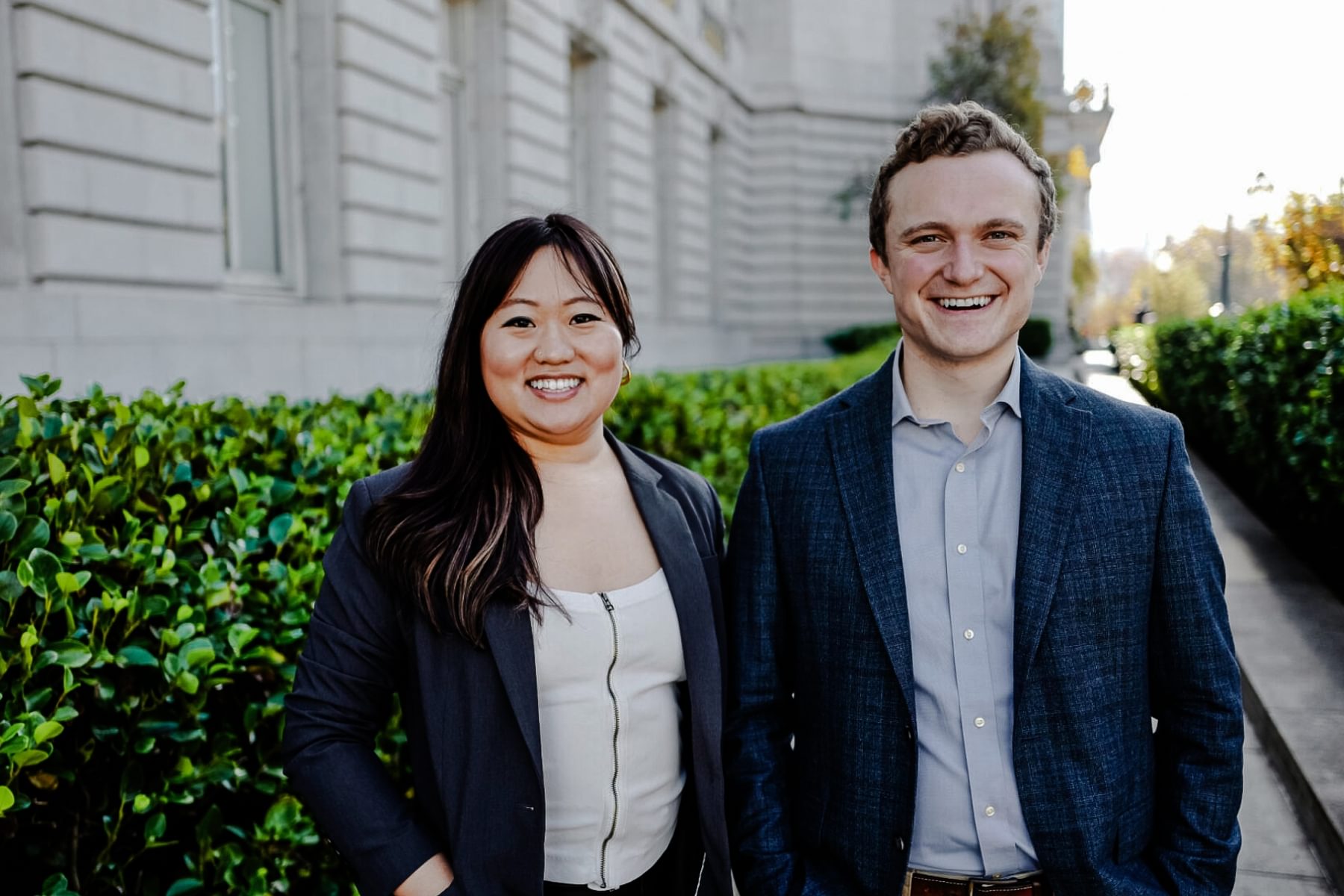‘It depends’ may not be the answer you are looking for, but for many startups, it’s the best one

When building a company from scratch, one takes on an unquestionable number of risks. The entrepreneurs who start their own businesses, especially in the technology and health science industries, often have a unique profile: Most don’t like to leave anything up to chance and thrive on concrete, specific advice.
So it’s no wonder that I’ve noticed quite a lot of founders react with frustration when they ask me or other i-lab friends/supporters in the form of mentors, experienced entrepreneurs, or venture capitalists specific questions about their startup or growing company and get told, “It depends.”
“When should we raise investment money and how much?”
“Is my product ready to go to market?”
“What is the best commercialization route for my technology??”
But more often than not, the best answer possible IS “it depends” primarily because of the myriad considerations that should contribute to more informed decision-making. Far more important than getting a binary ‘Yes’ or ‘No’ answer from an expert is figuring out the probing questions you should be asking to help come to informed conclusions.
What everyone is searching for is a clear and relevant answer, specific to their problem, derived from some mythical how-to-build-a-startup manual. And that just doesn’t exist.
For most companies, founders, etc., what “it depends” really means is simple: Look deeper, hold off, reexamine, test again, pivot, or think differently. “It depends” can be very valuable when coupled with pointers on how to find the answers.
It depends….on investor interest/trends, the competitive landscape, the regulatory hurdles, timeline to market, structure and experience of the team. For many, all these factors that will impact your answers.
I recently attended a presentation at which the discussion revolved around biotech spinouts that are too early. While there was some debate, the answer to when is the best time to spin out seemed clear: “It depends.”
Take gene editing technology CRISPR-Cas9, for instance. There is still extensive R&D on the technology to make it clinically ready, so on the science front alone, some may make the argument that it’s too early. However, taking into account the potential impact of this technology, the excitement and attention in and beyond the scientific community, enthusiastic investor interest, and the experienced entrepreneurial team, CRISPR tips the scale in favor of commercialization, and has resulted in high-profile companies, like Editas and Caribou.
But if other inventors/scientists look at the example of one early science company spinning out, they may assume they could do the same. But again, it depends on the aforementioned factors, which may or may not place a company on the same plane as a technology like CRISPR.
For folks who have seen a lot, especially in the sciences, the answer to most mentor-type queries or quests for advice is “it depends;” mainly because of the information and experience they have to draw from. The people who are experienced and have been around know better. For every “rule” they can think of, there is always exceptions they can recall as well.
This is something entrepreneurs should be aware of, and not just in the science and high tech industries. This is a challenge for people who want clear answers and don’t want to operate in vagaries. You cannot expect everyone else to give you the answers, entrepreneurship is finding the right people who are knowledgeable and can give you pointers along the way and guide you, but ultimately you are driving this venture.
Like a business koan of some sort, “it depends” may not be what founders and innovators want to hear, but if they respond by being introspective, gauge where they actually are in terms of technology development, market fit and company growth, and push forward, it may be the most enlightening and helpful response they could ever hope for.




